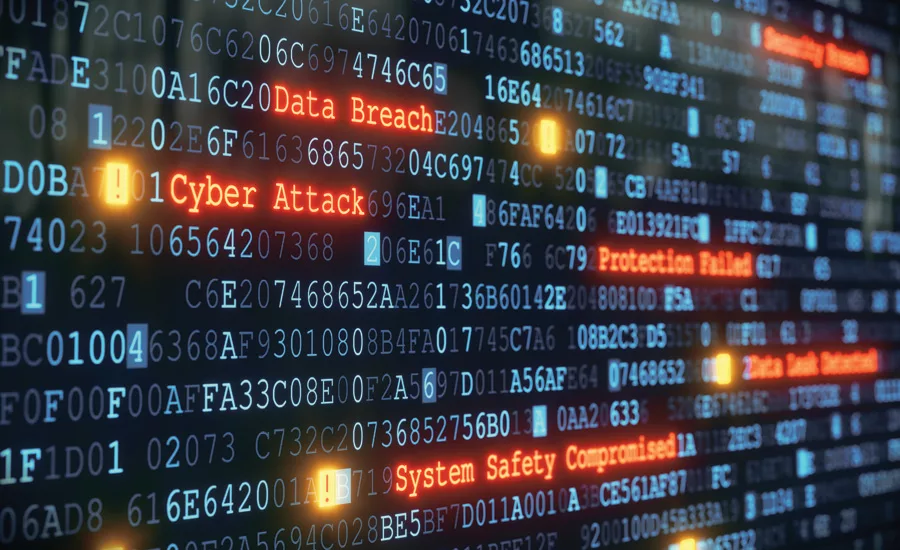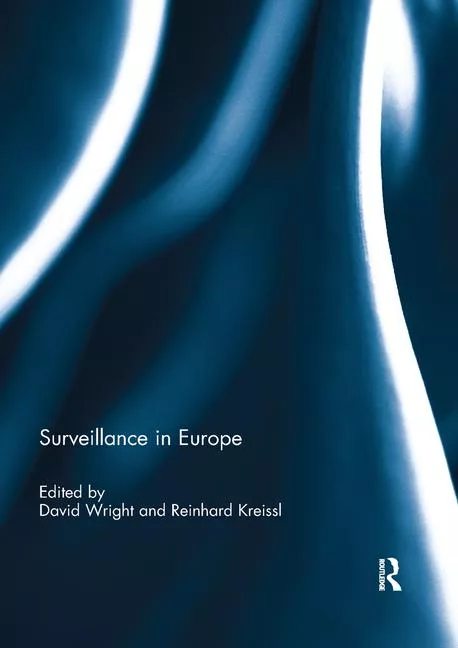Chinese Military Hackers Charged in Equifax Breach

A federal grand jury in Atlanta, Ga. returned an indictment last week charging four members of the Chinese People’s Liberation Army (PLA) with hacking into the computer systems of the credit reporting agency Equifax and stealing Americans’ personal data and Equifax’s valuable trade secrets.
According to a Department of Justice (DoJ) press release, the nine-count indictment alleges that Wu Zhiyong (吴志勇), Wang Qian (王乾), Xu Ke (许可) and Liu Lei (刘磊) were members of the PLA’s 54th Research Institute, a component of the Chinese military. They allegedly conspired with each other to hack into Equifax’s computer networks, maintain unauthorized access to those computers, and steal sensitive, personally identifiable information of approximately 145 million American victims.
“This was a deliberate and sweeping intrusion into the private information of the American people,” said Attorney General William P. Barr, who made the announcement. “Today, we hold PLA hackers accountable for their criminal actions, and we remind the Chinese government that we have the capability to remove the Internet’s cloak of anonymity and find the hackers that nation repeatedly deploys against us. Unfortunately, the Equifax hack fits a disturbing and unacceptable pattern of state-sponsored computer intrusions and thefts by China and its citizens that have targeted personally identifiable information, trade secrets, and other confidential information.”
According to the indictment, the defendants exploited a vulnerability in the Apache Struts Web Framework software used by Equifax’s online dispute portal. They used this access to conduct reconnaissance of Equifax’s online dispute portal and to obtain login credentials that could be used to further navigate Equifax’s network. The defendants spent several weeks running queries to identify Equifax’s database structure and searching for sensitive, personally identifiable information within Equifax’s system.
Once they accessed files of interest, the conspirators then stored the stolen information in temporary output files, compressed and divided the files, and ultimately were able to download and exfiltrate the data from Equifax’s network to computers outside the United States, says the DoJ. In total, the attackers ran approximately 9,000 queries on Equifax’s system, obtaining names, birth dates and social security numbers for nearly half of all American citizens.
The indictment also charges the defendants with stealing trade secret information, namely Equifax’s data compilations and database designs. “In short, this was an organized and remarkably brazen criminal heist of sensitive information of nearly half of all Americans, as well as the hard work and intellectual property of an American company, by a unit of the Chinese military,” said Barr.
The defendants took steps to evade detection throughout the intrusion, as alleged in the indictment. They routed traffic through approximately 34 servers located in nearly 20 countries to obfuscate their true location, used encrypted communication channels within Equifax’s network to blend in with normal network activity and deleted compressed files and wiped log files on a daily basis in an effort to eliminate records of their activity.
“Today’s announcement of these indictments further highlights our commitment to imposing consequences on cybercriminals no matter who they are, where they are, or what country’s uniform they wear,” said FBI Deputy Director David Bowdich. “The size and scope of this investigation — affecting nearly half of the U.S. population, demonstrates the importance of the FBI’s mission and our enduring partnerships with the Justice Department and the U.S. Attorney’s Office. This is not the end of our investigation; to all who seek to disrupt the safety, security and confidence of the global citizenry in this digitally connected world, this is a day of reckoning.”
The defendants are charged with three counts of conspiracy to commit computer fraud, conspiracy to commit economic espionage and conspiracy to commit wire fraud. The defendants are also charged with two counts of unauthorized access and intentional damage to a protected computer, one count of economic espionage and three counts of wire fraud.
The investigation was conducted jointly by the U.S. Attorney’s Office for the Northern District of Georgia, the Criminal and National Security Divisions of the Department of Justice, and the FBI’s Atlanta Field Office. The FBI’s Cyber Division also provided support. Equifax cooperated fully and provided valuable assistance in the investigation, says the DoJ.
In a speech, Attorney General Barr said, "In addition to thefts of sensitive personal data, our cases reveal a pattern of state-sponsored computer intrusions and thefts by China targeting trade secrets and confidential business information: hacks by a group known as APT 10, which worked in association with the Chinese Ministry of State Security, or MSS, to target managed service providers and their clients worldwide across industries; hacks by MSS intelligence officers who sought to steal intellectual property related to turbofan engines by using both insiders and computer operations, and; hacks by PLA officers who targeted victims in the nuclear power, metals, and solar products industries for the economic benefit of Chinese companies. Indeed, about 80 percent of our economic espionage prosecutions have implicated the Chinese government, and about 60 percent of all trade secret theft cases in recent years involved some connection to China."
Chris Morales, head of security analytics at Vectra, says, "The US government is showing that despite the best efforts of the attackers, we are able to trace those attacks back to the source and provide specific attribution of the attack. This is even though the attackers leveraged multiple tricks to obfuscate their presence, including encrypted hidden tunnels to multiple destinations in nearly 20 countries," he says. "Attribution helps to understand how data would be used and for what purpose. It is commendable that the government intervenes in our interests in these large prolific attacks. It is important to collaborate at a private-public level."
"Unfortunately for everything else, in particular with smaller organizations, the level of effort to attribute and prosecute for an attack is not feasible," Morales notes. "When an attack is happening, it doesn’t matter who is attacking or why. It only matters that you are aware of the attack and how you will respond to stop the damage."
Harrison Van Riper, Strategy and Research Analyst at Digital Shadows, notes that, “The technical intrusion details included in the Equifax indictment describe how incredibly important it is to have a patching procedure in place, as has been described before when news of the breach was announced. The Apache Struts vulnerability used to gain initial access into Equifax’s networks was announced to the public on March 7th, 2017 and the initial intrusion occurred just two months later, around May 13th. As a corporation operating in an enterprise environment, while patching day one may not be possible, timely vulnerabilities need to be prioritized and addressed.”
Looking for a reprint of this article?
From high-res PDFs to custom plaques, order your copy today!





